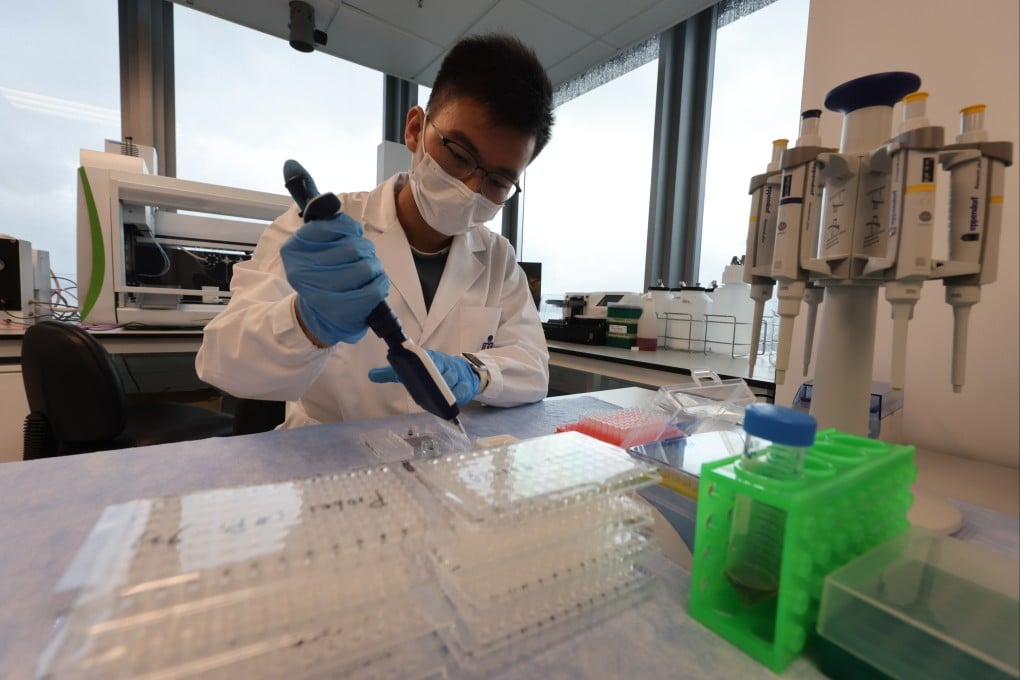Advertisement
Opinion | Success in global tech talent chase requires reimagining Hong Kong’s approach
- Hong Kong is already trailing the likes of Shenzhen and Singapore, so it needs to go all out to be competitive again
- Apart from offering subsidies and allowances, the city could also roll out a mentorship programme, widen internship opportunities and provide more versatile training
3-MIN READ3-MIN
1

All eyes will be on Chief Executive John Lee Ka-chiu when he delivers his first policy address on October 19. He has vowed to focus on innovation and technology (I&T) development, with grabbing talent part of the plan.
Meanwhile, Financial Secretary Paul Chan Mo-po said at a recent regional innovation forum that the government would unveil a blueprint mapping out Hong Kong’s I&T development for the next five to 10 years before the end of December.
Our expectations are high given Lee’s “result-oriented” governing philosophy. As a stakeholder in the biotech field, one of the four key I&T areas, I offer my own road map on how we can recruit and retain talent, which is the key to building Hong Kong into an international I&T centre.
Advertisement
In the short term, we need to go all out in grabbing talent from around the world. In this respect, we are already behind Shenzhen and Singapore. The former has successfully launched a series of talent policies, providing attractive housing, spouse employment, children’s education, academic research allowances and cash subsidies for high-quality professionals.
The latter has introduced new work visa rules starting in 2023, including the Overseas Networks and Expertise Pass. This allows high earners and achievers to live in Singapore without needing to secure employment first.
Advertisement
We must reimagine the entire tech talent proposition to be competitive and get ahead. We must think outside the box in the short term by offering different subsidies for university graduates, people with scientific research experience and top-tier, award-winning professionals corresponding to their skills.
Advertisement
Select Voice
Select Speed
1.00x
